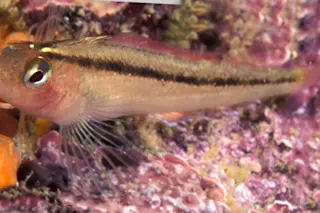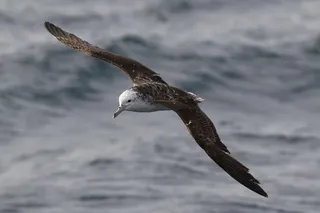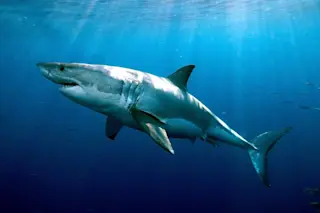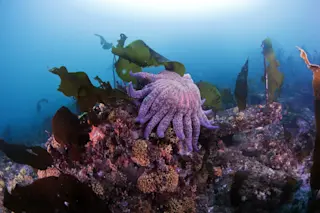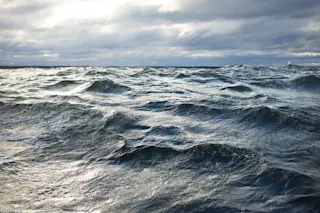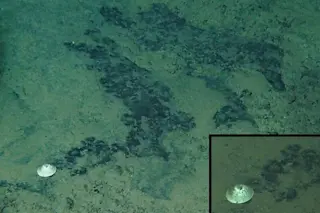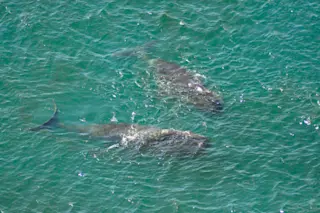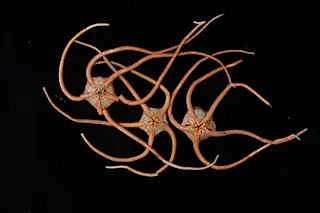A common triplefin, one of the fish species that may dominate temperate habitats in the near, acidic future. Photo c/o Wikimedia Scientists predict that in the next twenty years, the amount of carbon dioxide (CO2) in our atmosphere will rise from the roughly 404 ppm it is now to over 450 ppm—and as a result, ecosystems worldwide will change. Many impacts will be particularly felt in our planet's oceans. As atmospheric CO2 levels rise, more of the gas dissolves into our seas, causing a chemical chain reaction which makes the water more acidic. Acidification can act independently or synergistically with rising temperatures, impacting different species in different ways. In a desperate rush to conserve species, scientists are racing against the clock to understand how marine habitats and the species that live in them will be affected by acidification and identify the best ways to retain our marine biodiversity going forward. ...
Acidifying Oceans Favor Sea Vermin
Discover how ocean acidification impacts marine habitats and fish communities, altering ecosystems and biodiversity.
More on Discover
Stay Curious
SubscribeTo The Magazine
Save up to 40% off the cover price when you subscribe to Discover magazine.
Subscribe

